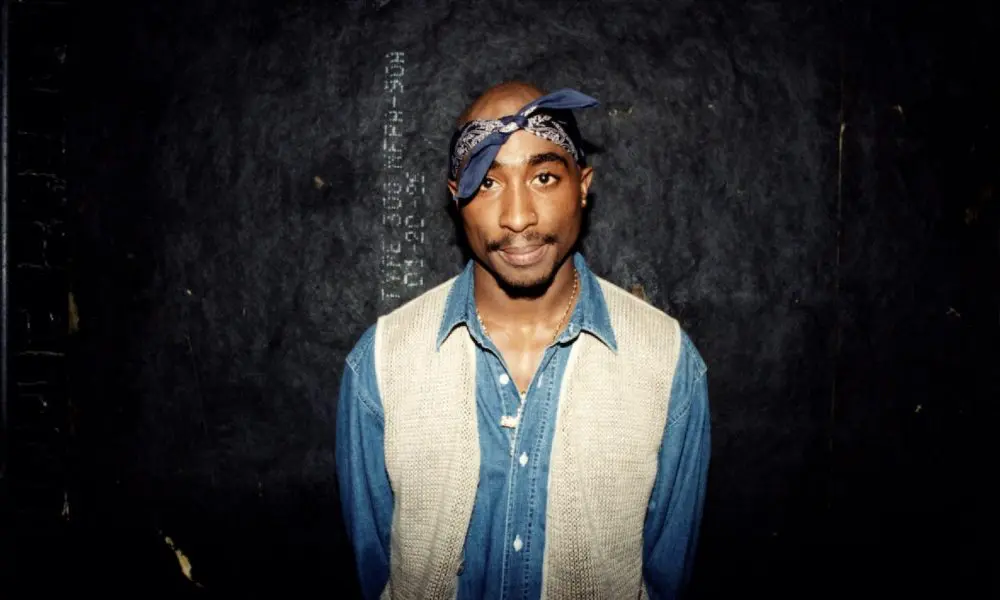‘Dear Mama’: How To Watch The New Tupac Shakur Documentary
The show will debut on FX tonight, April 21 at 10:00 PM EST.

From Allen Hughes, the award-winning director of critically acclaimed The Defiant Ones, comes FX’s Dear Mama, a deeply personal five-part series that defies the conventions of traditional documentary storytelling to share an illuminating saga of mother and son, Afeni and Tupac Shakur.
Shop the best of 2Pac’s discography on vinyl and more.
Fans of Tupac, rap music, and music history more generally will surely be interested in checking out this new program. Interested in watching? Here’s how.
Live on TV
The first two episodes of Dear Mama will premiere Friday at 10 p.m. ET/PT. The remaining three episodes will debut on Fridays. For cable subscribers, FX will be airing the shows live. You can stream FX and other cable channels on platforms like Sling TV, DirectTV Stream, Hulu + Live TV, and Vidgo.
Streaming
New episodes of the FX docuseries will be available to stream on Hulu the next day. FX shows are also available to stream on Prime Video, although it hasn’t yet been confirmed if Dear Mama will be included with other titles.
The Story of a Mother-Son Bond
Afeni Shakur was a revolutionary, an intellect, and a voice for the people. She became a feminist darling of the 70s, a female leader in the movement amidst the macho milieu of the Black Panther Party. Tupac was a rapper and poet, a political visionary and philosopher who became known as one of the greatest rap artists of all time. In addition to becoming a global sex symbol and media favorite for his outspoken and sometimes outrageous antics, he would eventually become the poster child for modern Black activism. Their story chronicles the possibilities and contradictions of the United States from a time of revolutionary fervor to Hip Hop culture’s most ostentatious decade.
FX’s Dear Mama is both an audio and visual experience. Tupac’s timeless message is undeniable as beats evaporate into soundscapes and his lyrics are revealed to be mantras of passion and politics. It eschews strict chronology for a style that slides back and forth in time, finding linkages between mother and son, 1970s and 1990s, Black activism, and hip-hop, that highlight how much has and has not changed in the struggle for human rights. Through this technique, the eras speak to each other and melt time away, shifting the dual narratives into one definitive portrait of a global superstar and the woman who shaped him, forever linked by love and fate.










